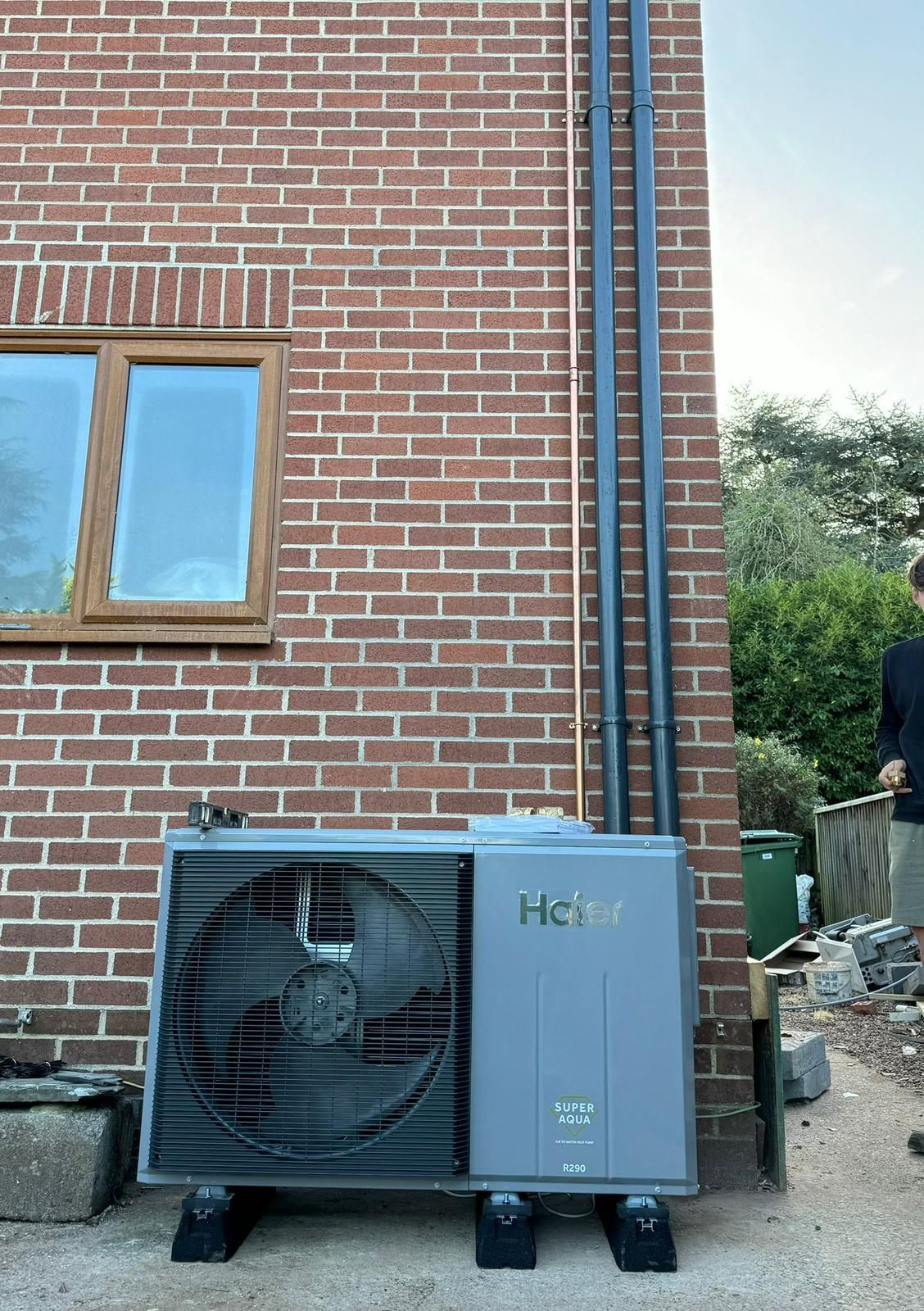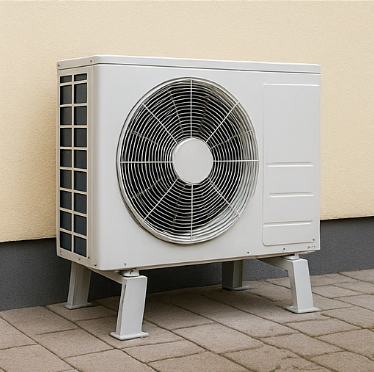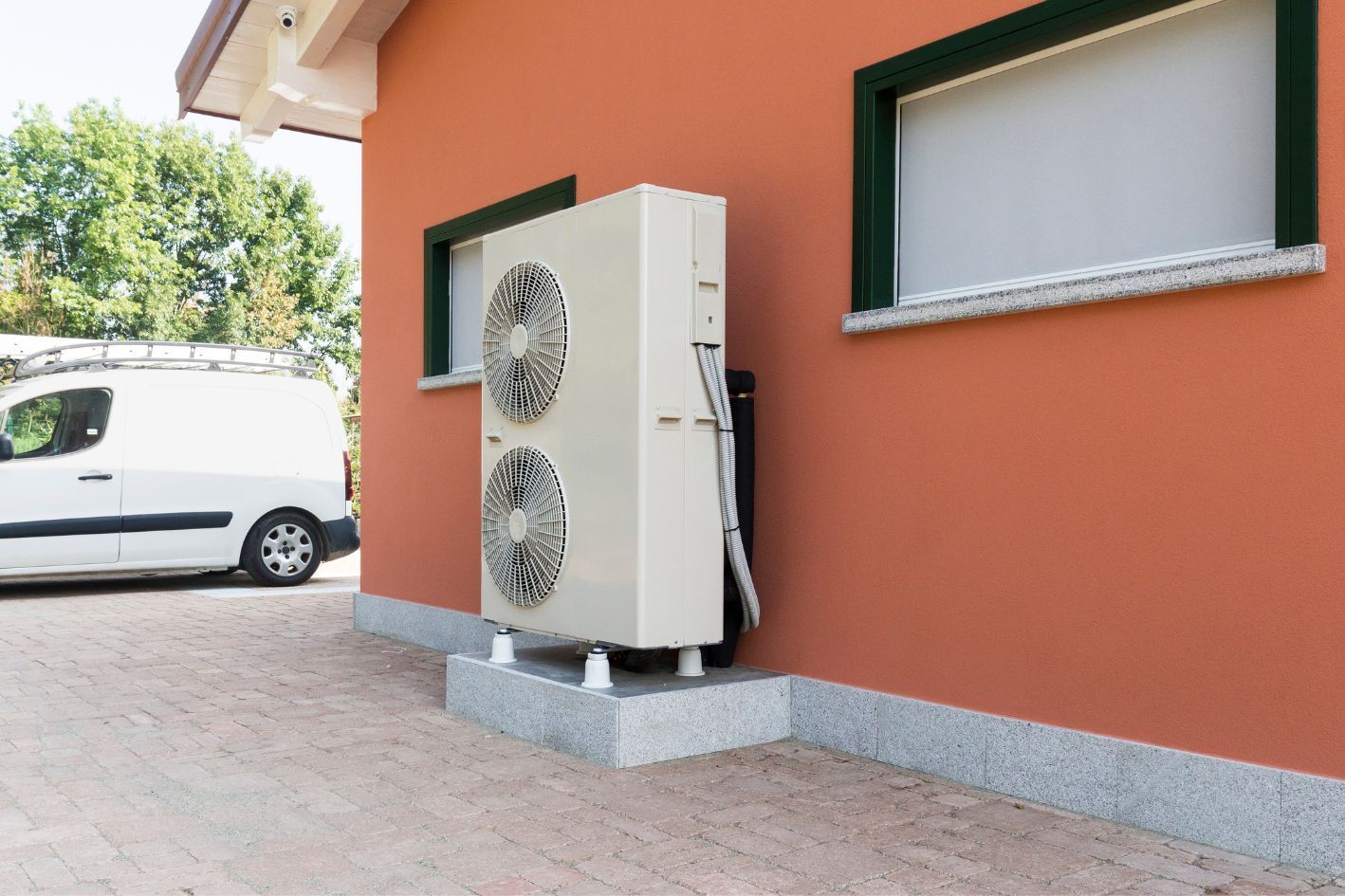Smart Homeowner's Guide: Keeping Your Air Source Heat Pump in Top Shape
Air source heat pumps have become increasingly popular as an energy-efficient home heating and cooling solution. These systems extract heat from the outside air and transfer it indoors, providing warmth in winter and cooling in summer. Regular maintenance is crucial to ensuring optimal performance and longevity.
Energy Savings Through Proper Care
Well-maintained air source heat pumps operate at peak efficiency, resulting in lower energy bills. Regular check-ups and cleaning help the system run smoothly, reducing the energy required to heat or cool your home. This efficiency saves money and reduces your carbon footprint, making it an environmentally friendly choice.
Preventing Costly Repairs
Routine maintenance can catch minor issues before they escalate into major problems. During regular service visits, a professional technician can identify worn parts, refrigerant leaks, or electrical issues. Addressing these concerns early on can prevent system breakdowns and expensive repairs, ultimately saving homeowners significant money.
Ensuring Consistent Comfort
A well-maintained heat pump provides consistent heating and cooling throughout your home. Regular servicing ensures the system operates at total capacity, efficiently maintaining desired temperatures. This consistency in performance improves comfort levels for you and your family year-round.
Extending System Lifespan
Like any mechanical system, air source heat pumps experience wear and tear over time. Regular maintenance, including cleaning, lubricating moving parts, and replacing filters, can significantly extend the lifespan of your system. A well-maintained heat pump can last 15-20 years, compared to 10-12 years for a neglected one.
Maintaining Warranty Coverage
Many manufacturers require regular maintenance as a condition of their warranty. Skipping these check-ups could void your warranty, leaving you responsible for the full cost of repairs or replacements. Keeping up with maintenance protects your system and your wallet in case of unexpected issues.
Indoor Air Quality Benefits
Regular cleaning and filter changes as part of maintenance routines improve indoor air quality. Clean filters and coils mean less dust, pollen, and other allergens circulating through your living space, contributing to a healthier home environment.
In conclusion, regular maintenance for air source heat pumps is a wise investment. It ensures efficient operation, prevents costly breakdowns, extends the system's lifespan, and maintains a comfortable, healthy home environment. By prioritising routine care, homeowners can enjoy the full benefits of their air source heat pump systems for years.












